Great Expectations #11 - Carnegie Library Buildings
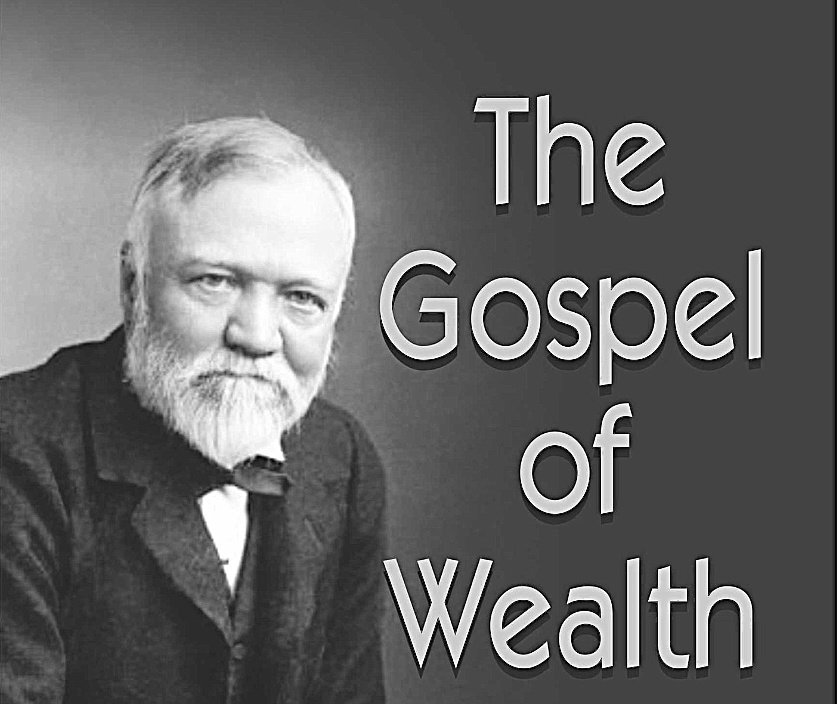

"The only thing that you absolutely have to know, is the location of the library.”*
Eight months in, and we are still happily discovering more and more in our new home town and county. On Sunday morning we awoke to a very warm, sunny day and seized a perfect opportunity to head out exploring. Destination: Public libraries. Three in particular, all funded by Andrew Carnegie, all over a century old, all located in small town, rural Ontario.
Andrew Carnegie: From Pleonexia to Philanthropy
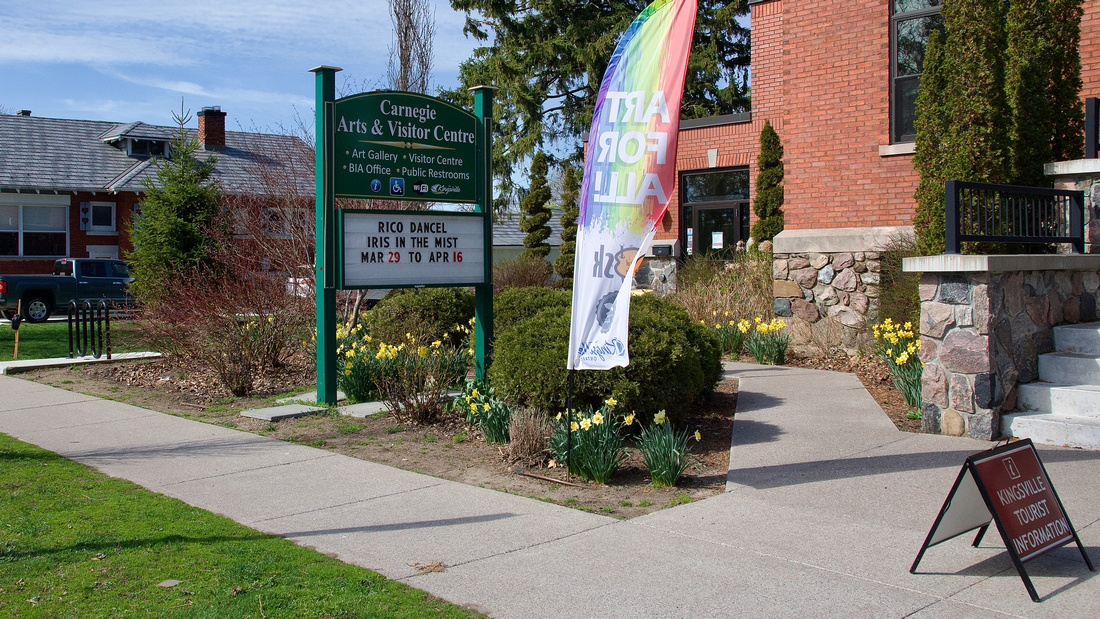

"A library outranks any other one thing a community can do to benefit its people.
It is a never failing spring in the desert.”
[Andrew Carnegie]
The largess of Andrew Carnegie allowed for the construction of five libraries here in Essex County, and the one in Windsor was the first
Carnegie Public Library in Canada. Four conditions had to be met in order for a town to receive a grant. First, the community had to provide the land for the library. Second, the community had to raise 10% of the endowment annually for the maintenance and upkeep of the library (including all repairs, paying staff salaries and acquiring new books). Third, the library must always be open to everyone, and fourth, it must always be free.
Today, Andrew Carnegie is remembered by most folks as having been a generous philanthropist, but there’s no denying the man was badly flawed. His largess was controversial because he amassed his fortune on the backs of the lower classes; he maximised his profits by paying his workers the lowest possible wages. My entire life I’ve struggled with the balance of guilt, atonement and forgiveness. In Mr. Carnegie’s case, I’m doubtful that his subsequent endowments and good works were sufficient to vindicate him for perpetuating the impoverishment of his employees, but that’s just me.
In 1889, Mr. Carnegie published his treatise, The Gospel of Wealth. In 1901 he sold his company to J.P. Morgan for a reported $480,000,000 and that is when work began in earnest to redistribute his obscenely large fortune. He described this endeavour as follows: After my book, "The Gospel of Wealth” was published, it was inevitable that I should live up to its teachings by ceasing to struggle for more wealth. I resolved to stop accumulating and begin the infinitely more serious and difficult task of wise distribution.
The first Carnegie library building in Canada was built in Windsor, Ontario. I’m still trying to find out where it is/was and if it is still standing. Otherwise, there were four here in Essex County: Amherstburg (the only one still in use as a library today), Essex (now in use as their historical society/archives office), Kingsville (now the town’s visitor information centre and home of the Arts Society of Kingsville), and Leamington (since demolished). Sunday’s mission: To visit the three, known, existing Carnegie library buildings here in Essex County.
Our tour began downtown at the original Kingsville library:
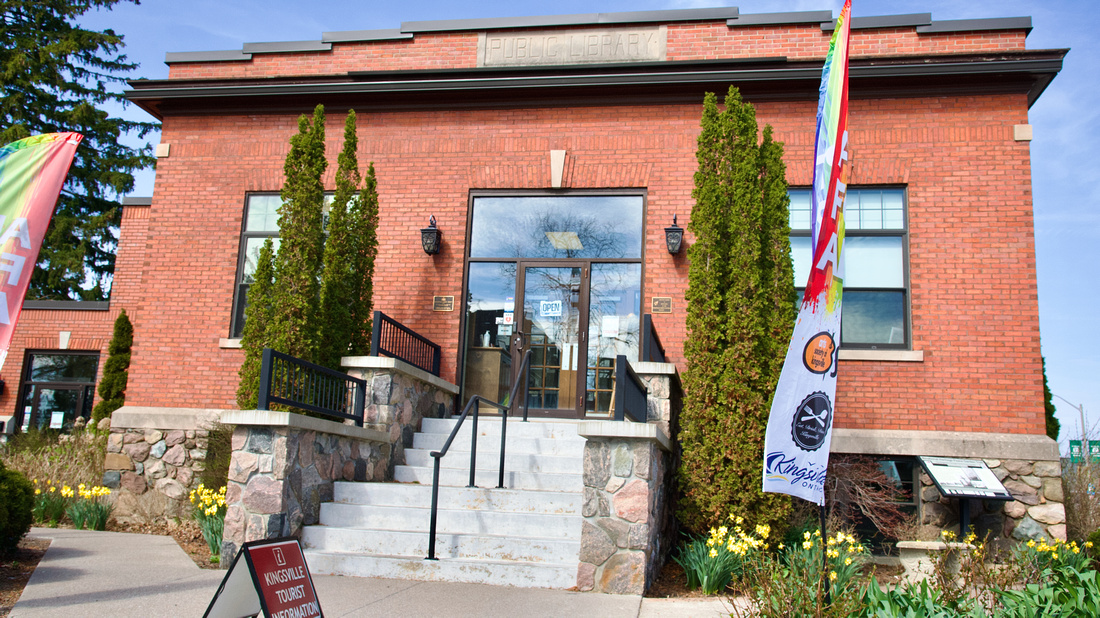
 We left Kingsville heading west along the lakeshore to Amherstburg:
We left Kingsville heading west along the lakeshore to Amherstburg:
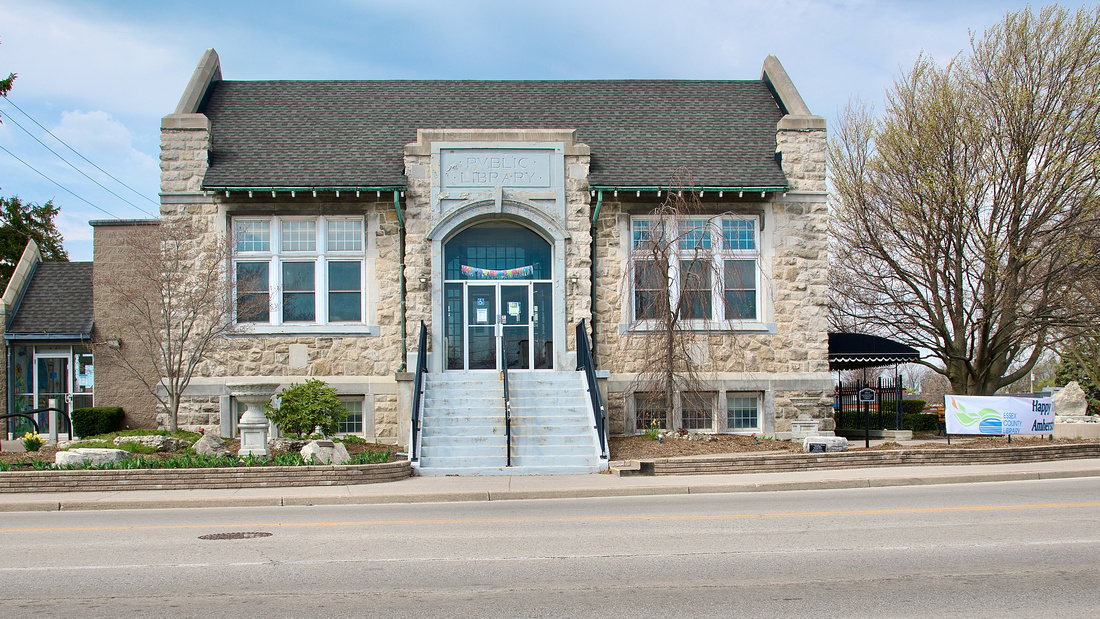
 Finally, we drove north-east through farm country to Essex:
Finally, we drove north-east through farm country to Essex:
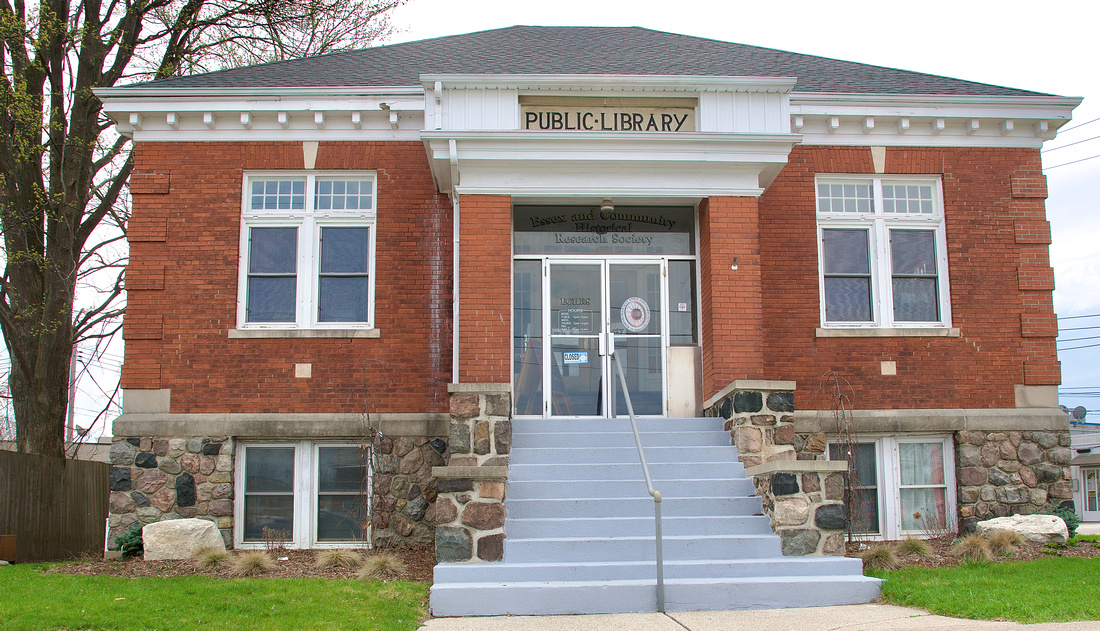

Although the three buildings were designed by three different architects, they’ve a definite similarity about them, don’t they? That’s because they’re all beautiful examples of Beaux-Arts design, featuring formal symmetry and grand staircases to the front doors. Regardless of the current function of these buildings, it’s impossible to ignore their original purpose as the words "PUBLIC LIBRARY" are etched into the stonework of the pediments.
However you choose to view Mr. Carnegie - hero or villain - there’s no denying that his libraries were splendid and enduring acquisitions for each of these three rural communities. Prior to the library endowments, there were no purpose-built libraries here in Essex County, they were, instead, housed in make-shift, “borrowed” rooms. Andrew Carnegie’s largesse firmly established permanent, public, libraries here in the small towns of Essex County and, as he so aptly penned, a library outranks any other one thing a community can do to benefit its people.
’Til next time, y’all…
*Albert Einstein
Notes:
Pleonexia = greed, avarice.
Amherstburg Public Library, designed by architect Charles Howard Crane, funds granted 1911, library opened 1913.
Essex Public Library, designed by architect James Carlisle Pennington, funds granted 1911, library opened 1914.
Kingsville Public Library, designed by architect William Austin Mahoney, funds granted 1911, library opened 1913.
Leamington Public Library, designed by architect Alexander Maycock, funds granted 1910, Library opened 1912. (Since demolished by the town.)
Windsor Public Library, designed by architect John Scott, funds granted 1901, library opened 1903. (We haven’t found this one yet, if indeed it is still standing.)